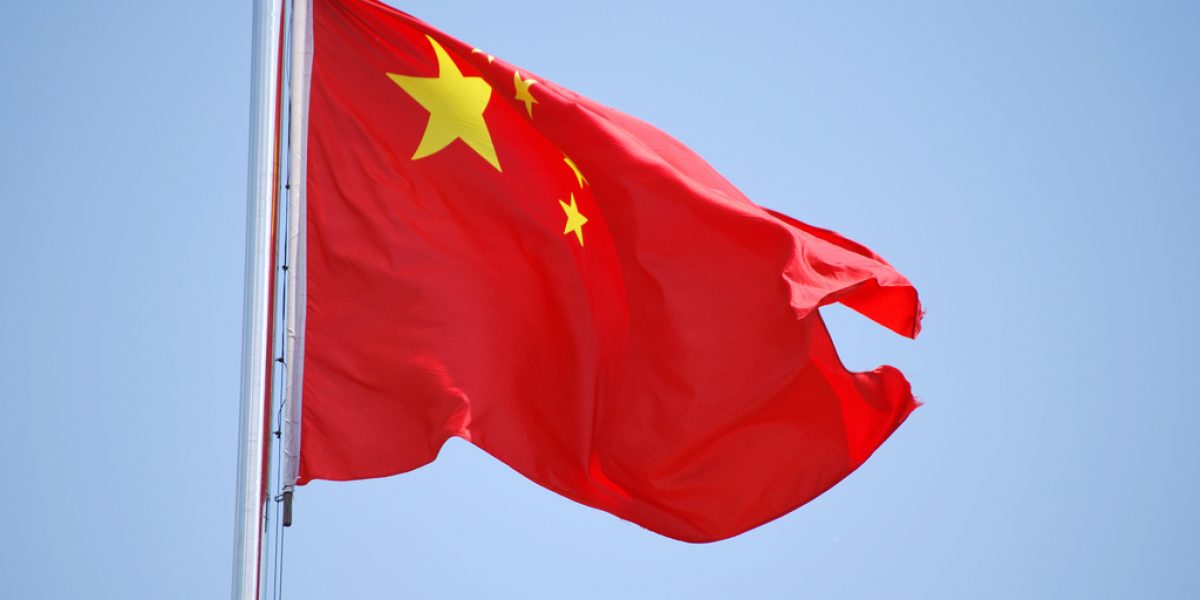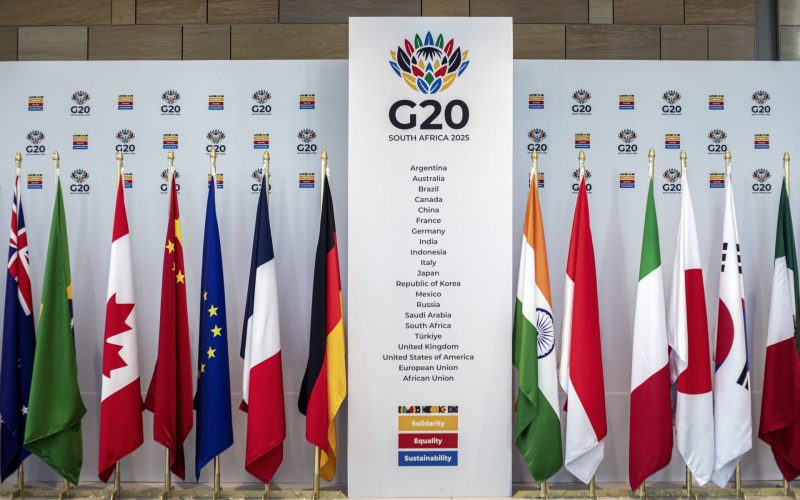As a rising, rapidly modernizing power, China – already a permanent member of the UN Security Council – is now on the verge of coveted G8 membership and a powerful role in the World Trade Organization.
By contrast, southern Africa is beset with problems. Its position in the world economy is marginal – tenuously plugged into global investment flows and dependent on northern markets for its commodity exports, tariff preferences and financial aid. South Africa is a notable exception, offering the best prospect for driving regional economic integration, but it, too, has chronic social problems and, compared to East Asia, anemic economic growth.
What implications does China’s emergence onto the global stage hold for southern Africa? Can China help lift the world’s poorest region out of its deep economic and political malaise?
In theory, at least, China’s rapid growth, if it continues, offers southern Africa a highly promising economic opportunity, not least by underpinning commodity prices and thus boosting southern Africa’s terms of trade. This, in turn, would support fragile balance-of-payments positions throughout the region, potentially assisting with pervasive debt-repayment problems.
Although in South Africa, for example, imports of cheap Chinese manufactures have produced a large and widening bilateral trade deficit over the last decade, southern Africa as a whole stands to gain from the “minerals nexus.” China’s manufacturing boom is fuelled by imported minerals, such as iron ore and chromium, which southern Africa possesses in abundance. This implies increasing minerals exports to China, together with growing Chinese investment in the region to secure sources of supply.
China’s agricultural imports should also continue to rise, as land is taken out of agricultural production and its urban population expands. Southern Africa has the potential to export such goods to China. Although much depends on greater regional investment in increasing export capacity, further Chinese investment in the region would most likely follow.
Finally, South Africa, with its world-class banking sector and internationally competitive construction companies, can supply services to the Chinese market. Moreover, these services are set to benefit from the broader trade expansion with China, potentially establishing a virtuous circle of investment and exports.
But China’s rise also holds risks for southern Africa. Imports of cheap Chinese goods threaten to displace regional production, particularly in labor-intensive manufacturing sectors that are finding it difficult to compete.
In a region of pervasive unemployment, the key question will be how to ensure future employment growth.
This raises troubling questions about the region’s industrial trajectory. Indeed, fears are growing that southern Africa will be condemned to the role of exporter of raw materials.
The composition of South Africa’s exports to China supports these concerns. In 1993, advanced manufactured goods accounted for 50 percent of total exports to China, while raw materials and intermediate goods comprised the remainder. By last year, advanced manufactures accounted for a mere 8 percent of the total, with resource and intermediate products accounting for the rest.
This turnaround comes despite South Africa’s protection of its labor-intensive sectors, such as clothing and textiles, through high tariffs.
With WTO negotiations underway and an expanding free-trade agenda taking hold, those tariffs are under pressure.
Their future is further clouded by the fact that the US and the EU will phase out their apparel quotas next year, potentially reducing quota-hopping investment in South Africa and the broader region.
If the economic impact of China’s growing global importance on southern Africa is promising, but uncertain, what about the geopolitical implications? Will China’s rise open up greater opportunities for multilateral cooperation?
Throughout southern Africa, lingering resentments associated with colonization fuel distrust of the major Western powers, which continue to control the key institutions so determinative of the region’s future, notably the IMF and the World Bank.
While China is not about to dominate these institutions, in southern Africa it is regarded as a potential counterweight to the US and the EU.
Given China’s growing interest in securing African votes in the UN Security Council, there is scope for collaboration.
On the other hand, the Darfur crisis, in which China has lent its support to Khartoum, has provided a reality check for both sides, revealing the limits to collaboration. It also exposes the dark side of China’s growing involvement in Africa, namely that its thirst for oil outweighs humanitarian considerations.
Furthermore, trade tensions could weaken political ties. In particular, China’s G20 membership and its strong interest in securing greater access to developing markets confronts southern Africa’s association with the G90 coalition, which seeks to block progress in the WTO.
On balance, southern Africa clearly stands to benefit economically from China’s emergence as a global power. But both sides’ stated commitment to fraternal ties will not be enough to sustain their political relationship into the future.







